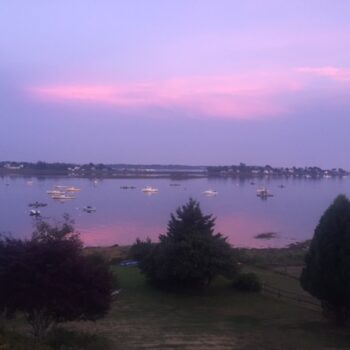
Habits of the Heart: Finding Spirituality in Community Coherence
We can begin our application of de Tocqueville’s factors by asking if they are to be found in American communities (or other communities around the world). Given the deep polarization that seems to exist now in American society, can there still be habits of the collective and personal heart—such as those de Tocqueville identified and celebrated more than 180 years ago? With American citizens living and working in isolation from one another, how do they effectively relate to one another in a way that allows them to address the diverse and critical challenges of their 21st century communities—ranging from the pollution of local estuaries to decline in the local economy, and from the absence of affordable housing and affordable theater to the health care demands of a graying population? Can interpersonal relationships somehow survive in our contemporary communities (let alone our contemporary state and national government)?
Robert Bellah and his colleagues (1985, p. 153) suggest that “. . . communities . . . have a history—in an important sense they are constituted by their past—and for this reason we can speak of a real community as a ‘community of memory,’ one that does not forget its past.” If Bellah is accurate, then our ghetto-based communities of memory were filled with the trauma of denied privilege and exclusion, whereas lifestyle-based communities of memory are filled with the hope and joy of shared interests and activities. Interpersonal relationships can thrive in a community that is freely chosen.
At the most obvious level, Coherence is embedded in the secular and sacred traditions of a community. It has a history that contains not only memories of separation and abuse, but also memories of collective action and recognition of shared contributions. Bellah and his colleagues (1985, p. 282) have more fully articulated this history of Coherence in the community:
“. . . we have never been, and still are not, a collection of private individuals who, except for a conscious contract to create a minimal government, have nothing in common. Our lives make sense in a thousand ways, most of which we are unaware of because of traditions that are centuries, if not millennia, old. It is these traditions that help us to know that it does make a difference who we are and how we treat one another. Even the mass media, with their tendency to homogenize feelings and sensations, cannot entirely avoid transmitting such qualitative distinctions, in however muted a form.”
Building on the frame offered by Bellah, we offer both a secular and sacred vision of community and accompany these visions with a list of ingredients to be found in a coherent community. We begin with the secular vision and ingredients.
- Posted by William Bergquist
- On October 16, 2023
- 0 Comment


Leave Reply